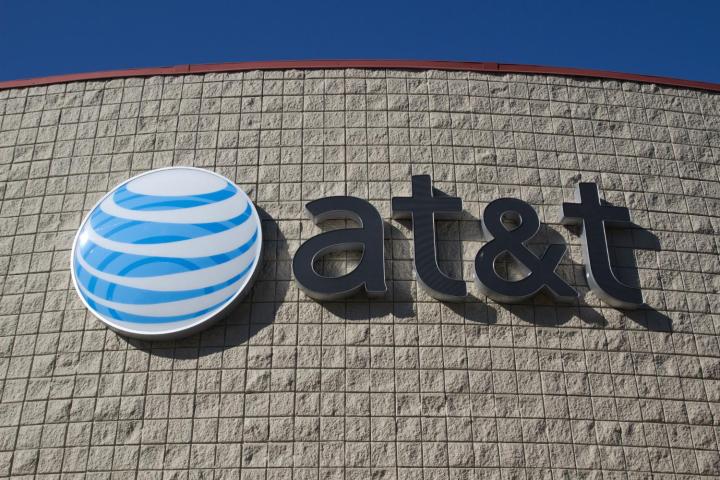
The AT&T Passport plans offer unlimited messaging, your choice of cellular data, and a range of talk per minute prices. The plans work in 150 countries and customers can get unlimited Wi-Fi access at specific hotspots in a few countries, including the United Kingdom, France, Germany, Japan, and Mexico. Passport plans expire immediately after 30 days, so you don’t have to remember to cancel the international support when they get back.
There are three versions of the Passport plans. The most basic version will cost you $30 and offers unlimited messages, unlimited Wi-Fi data, 120MB cellular data, and $1.00/minute talk. Beware, though — AT&T will charge you $0.25 per MB that you go over your cellular data allotment. The Passport Plus plan costs $60 and gives you unlimited messages and Wi-Fi data, 300MB cellular data, and $0.50/minute talk. Cellular data overage charges are a nickel less, at $0.20 per MB. Meanwhile, the Passport Pro plan will cost you $120 for unlimited messages and Wi-Fi, 800MB cellular data, $0.15/MB cellular data overage, and $0.35/minutes of talk.
In contrast, T-Mobile offers unlimited messages and data in 120 countries for free to all its Simple Choice Plan subscribers. Calls made abroad on the Uncarrier’s network cost 20 cents a minute, which is less than what is offered on any of AT&T’s Passport plans. Even though AT&T’s offerings pale in comparison with T-Mobile’s, if you’re with AT&T and you travel abroad every now and then, the Passport plans aren’t a bad deal. If you’re a frequent traveller AT&T also offers international plans for a set price every month.
Editors' Recommendations
- Whatever you do, don’t buy the Google Pixel 7a right now
- The 6 best phone plans for international travel in 2024
- Don’t buy this new Motorola phone — get this other one instead
- Samsung Galaxy A55 vs. A35: Don’t buy the wrong phone
- Nothing Phone 2a vs. Nothing Phone 2: Don’t get the wrong one


